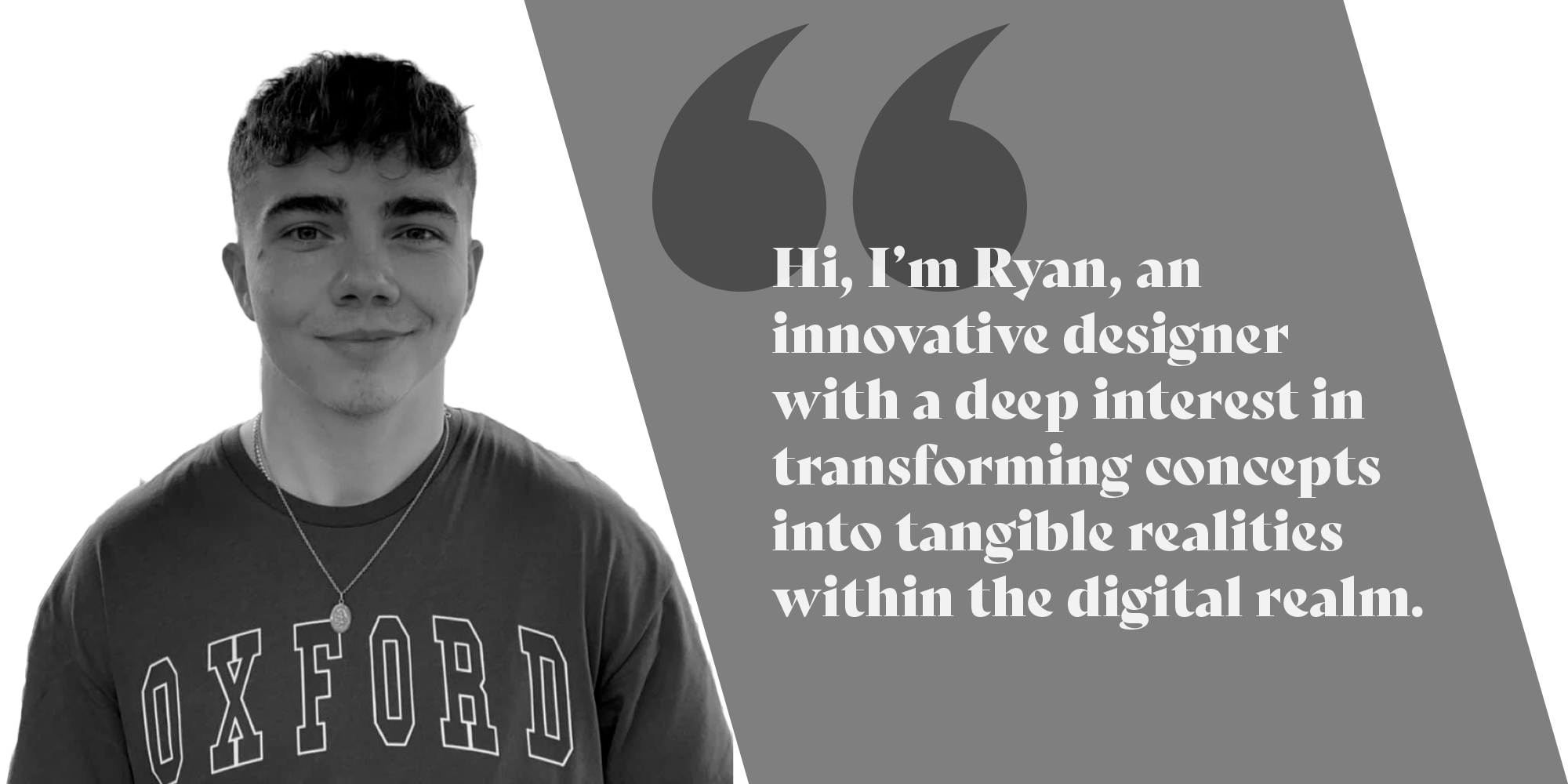

I am an innovative UX designer who specialises in enhancing user experiences through strategic design analysis and iterative improvements. I possess a fervent passion for transforming ideas into tangible realities
Extremely dynamic and forward-thinking when it comes to delivering innovative solutions. Through my strategic approach, passion for translating ideas into reality, and commitment to continuous learning, I am confident in my ability to elevate user experiences and drive positive results.

In 2019, statistics show that there has been 2563 accidents caused by distractions in the vehicle and 63 of these accidents were deemed fatal. Distraction is a serious road safety problem. Every 16 minutes someone is killed or seriously injured on UK roads.
The solution to this is Orbit, a reliable application and product for neurodivergent and deficient individuals that will allow users advanced accessibility options and features which coincide with their needs and wants to create the most optimal user interface and experience in order to help them get from point a to point b as safely and efficiently as possible whilst driving.

To initiate the project, I conducted extensive research on user needs and preferences by employing surveys and interviews. This enabled me to identify the primary concerns of neurodiverse users when travelling to their destinations whilst driving a vehicle. Additionally, I performed comprehensive analysis on a variety of competitors, which were discovered through the user surveys. To clearly define the user's primary pain points and their expectations from a mobile app of this nature, I developed a series of user personas and user journeys. Based on the results of the card sorting task, I selected the app's features.




Subsequent to this research, I began designing the user flow and exploring various UI options. I drew several wireframes before transitioning to Figma to create initial low-fidelity digital versions. These were followed by mid-fidelity wireframes that allowed me to visualise the content and images. After I was satisfied with the mid-fidelity wireframes, I developed high-fidelity designs and a prototype. Using Figma, I created a practical and functional prototype that illustrates how the app would function if it were released to the public. I utilized Maze.co to carry out usability testing, which aided in the enhancement of Orbit's overall development and design.

In conclusion, Orbit is a brand that has taken a unique approach to supporting neurodiverse users who have difficulty planning journeys in vehicles. Through it’s product development, Orbit has the potential to make a positive impact on the lives of many neurodiverse individuals who have difficulty driving.
Orbit’s approach to supporting neurodiverse users is a testament to the power of inclusive design and community engagement. As society continues to recognise the value of neurodiversity and the importance of accessibility, brands like Orbit will undoubtedly continue to play an important role in creating products that meet the needs of all users and help create a more diverse platform.